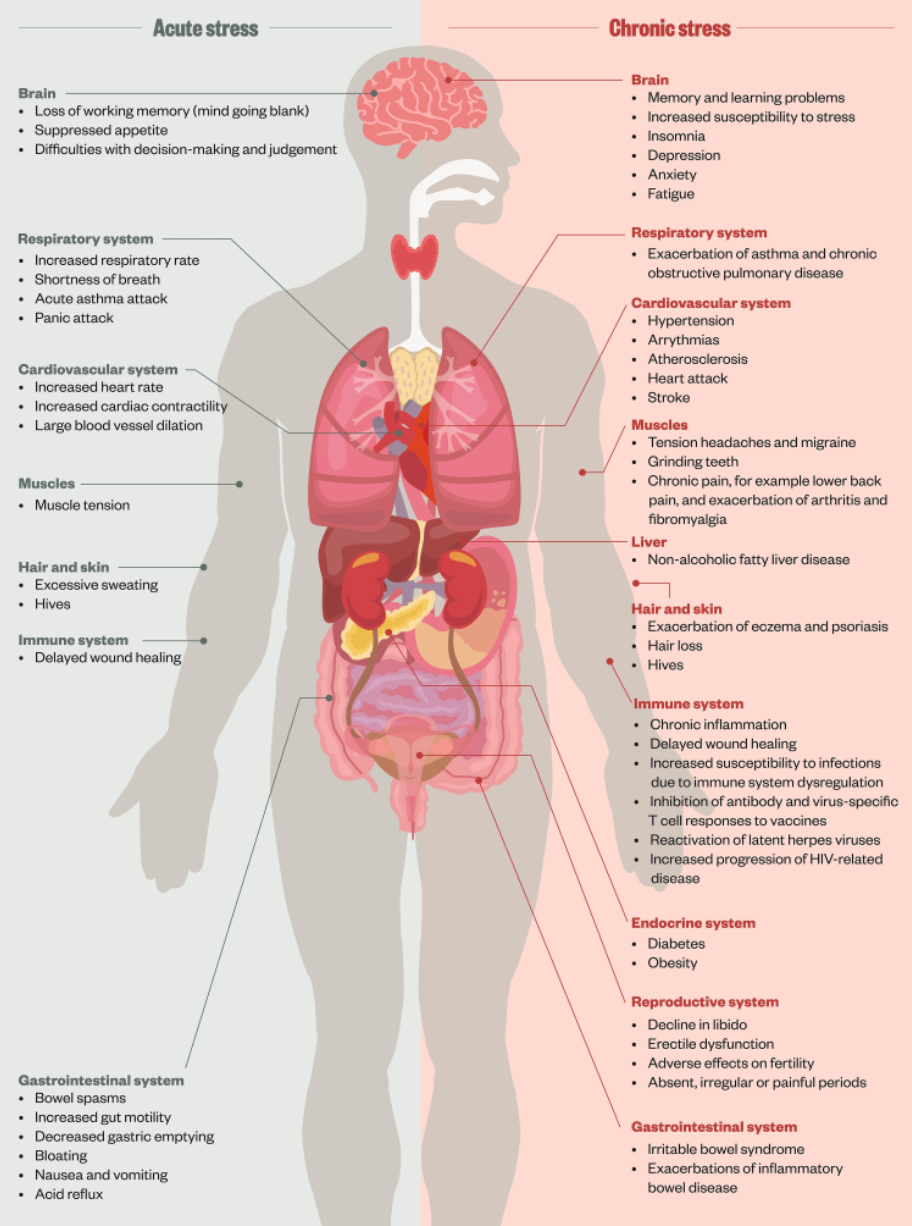It’s a normal part of existence, and nobody is immune to it. When stress rears its ugly head, it’s important to understand the causes and arm yourself with ways to combat it. In recognition of Stress Awareness Month, Casey Call, associate director of education at the Karyn Purvis Institute of Child Development and associate professor of professional practice in the TCU Department of Psychology, shares the different ways we experience stress and how to best deal with it.
What are some successful ways in combating or dealing with stress?
The basic four ways to combat stress, which are easily said and harder to do, are getting enough sleep, eating nutrient-rich foods, staying hydrated, and moving your body. Other ways to help manage stress are engaging in mindfulness practices, such as breathing and meditation; connecting with partners, friends or family; journaling or writing down your thoughts or feelings; and taking action to reduce the stress, such as making a to-do list or working out a solution to a problem.
What are ways in which children process stress differently than adults?
Children who are feeling a lot of stress may react differently than adults. Children can either internalize their stress where they shut down and keep it all inside or they may externalize their stress where they act out inappropriately. For children who internalize, they often won’t ask for help when they need it and may try to act as if everything is okay. They try to deal with the stress on their own, often turning to things rather than people to get their needs met, e.g., food, electronics, grades. For children who externalize their stress, they will often look as if they are having tantrums or meltdowns. They may appear whiny, excessively needy, as well as aggressive or violent.
Two things to remember about children and stress are:
- Children are learning how to regulate their thoughts, feelings, and behaviors. While they are learning how to regulate, the caregivers and adults around them have to mentor them on developing these skills by helping them recognize when they feel stressed, figuring out what to do with it, and figuring out what works specifically for them.
- Children are learning how to have healthy bodies, minds, and relationships. The caregivers and adults around them have to model asking for help when they need it. Adults need to regulate their own stress and take care of our bodies, minds, and relationships.
Where can TCU students turn if they are feeling overwhelmed or stressed as the semester is coming to an end?
Some helpful things students can do to help manage their feelings of stress during the end of the semester are going on a walk with a friend, working out at the rec center, making sure to eat regular meals that incorporate some whole foods such as fruits and vegetables, getting adequate sleep, drinking water regularly, making a schedule of their week that includes study times and social times, trying a guided mediation app (I love Headspace and Calm), taking regular study breaks, recognizing when they need a break, and reaching out for help if they need it. If students are feeling really overwhelmed, they can contact the TCU Counseling and Mental Health Center for additional help.
Students who are currently enrolled and need to schedule an appointment at TCU’s Counseling and Mental Health Center, please call the main office at 817-257-7863. If students feel an urgent need to speak to a counselor, call the phone counseling helpline at 817-257-7233. This service is available 24 hours a day/7 days a week. In the event of an emergency, please call Campus Police at 817-257-7777 or dial 911.
Learn more about TCU’s Counseling and Mental Health Center the Karyn Purvis Institute of Child Development and TCU’s Department of Psychology.

